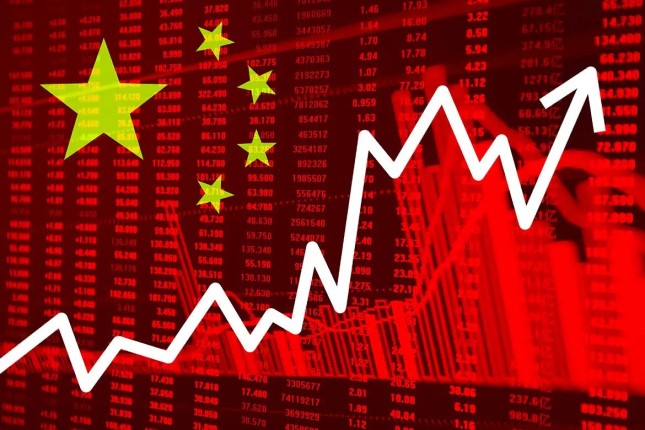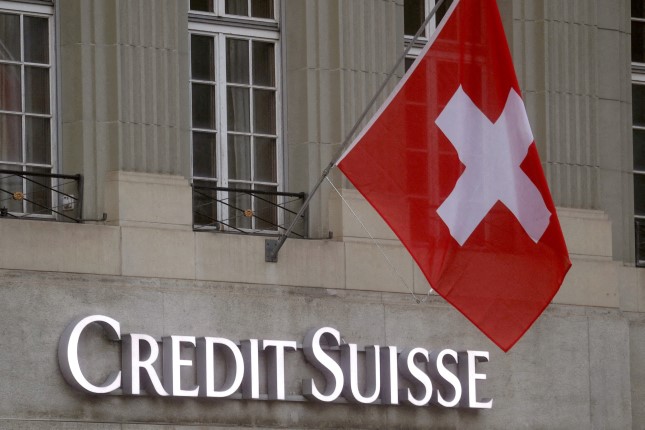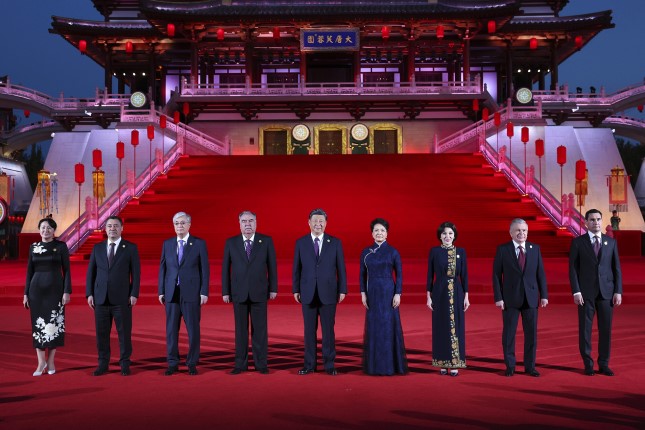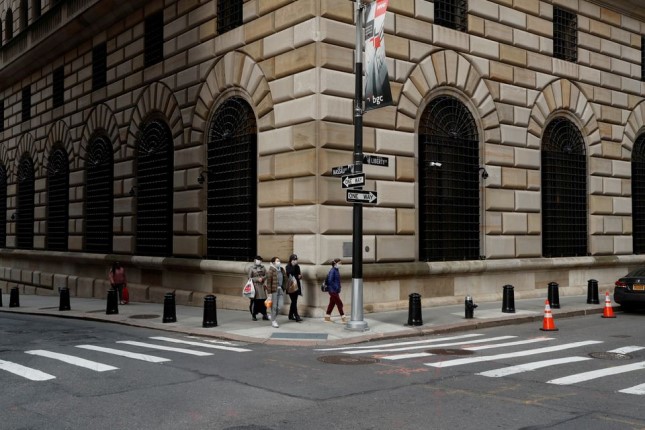The cost of all real estate in the world is estimated at USD 250 trillion. In 2021, the real estate market volume (those objects for sale) was more than USD 3.5 trillion; by 2030, the total sum is expected to reach almost USD 6 trillion.
At the beginning of the year, leading real estate analysts forecasted a 5% growth of the market, which will be partially at the expense of Western countries. However, the outbreak of the financial crisis made adjustments to the forecasts. In developed countries, the stance of real estate looks quite gloomy. Prices for houses, apartments and business spaces are falling.
Since the financial crisis of the late 2000s, real estate investments have become highly profitable once again. Low interest rates and economic growth, fueled by cheap money, sustained the increase in square meters' price.
There were even more buyers during the pandemic year, especially for suburban properties, which can be explained by two main factors.
In the first place, families needed more space due to the transition to remote work and study. In addition, there was no need to commute to the office, making it easier to find a more comfortable living arrangement.
The second factor was determined by changes in the labour market caused by the pandemic when people lost their jobs and were forced to look for cheaper alternatives outside of the city. Real estate demand has also been driven by helicopter money.
In the last few months of 2022, however, prices per square meter in the wealthiest countries began to decline. Amid inflationary pressures, the central banks in the West raised refinancing rates, which led to an increase in mortgage rates.
In the United States, for example, the cost of mortgages has almost doubled and is currently around 7%. In comparison to a year ago, real estate sales declined by 20%.
A more alarming situation was observed in the Canadian capital, where there were almost 50% fewer buyers than in 2021.
The increase in mortgage rates in Australia resulted in an average household's free money declining by threefold, while in Britain, by 10%. South Korea and the Scandinavian countries are experiencing similar problems.
Inevitably, all of these processes will lead to a decline in purchasing power among the population, resulting in lower business income and a greater need for office space.
A decline in commercial real estate demand that began during the pandemic is expected to continue into 2022. There will be a great deal of vacant office buildings on western markets, resulting in losses for owners. It is very likely that some of them will be converted into social housing and sold to the State.
Meanwhile, the real estate markets in countries of the Global South may experience the opposite effect. It continues to be a hot market for real estate.
A popular strategy in the United States is to relocate to the so-called Solar Belt (Florida, California, or Texas). Currently, Americans and Europeans are moving to developing countries, some of which can boast of the presence of the sun. A similar trend was evident during the pandemic and is likely to persist, as well as the expansion of relocation geography.
The key centres will be in Southeast Asia, South America, the Middle East, and Africa.
Wealthy individuals move to the United Arab Emirates. As compared to last year, the demand for luxury real estate in Dubai has doubled. A large influx of wealthy citizens is expected to stimulate economic growth and create employment for less qualified and solvent individuals. In the meantime, Dubai's real estate prices are likely to adjust when the excess demand for housing dwindles.
Turkey will also be a good place to buy. As of now, there has been an increase of 40% in residential real estate sales in the country. In part, this is due to the rise in demand from Russians. There is, however, increased interest in Turkish houses in other countries as well. Particularly, the Turkish lira's decline makes square meters more affordable. Meanwhile, restrictions on mortgage loans imposed by the authorities may reduce the attractiveness of the Turkish housing market.
According to Knight Frank, as oil prices rise, the economies of hydrocarbon exporters will grow, accelerating the real estate market.
Therefore, the trends resulting in a decrease in the stability of Western countries become growth drivers for the Global South. We will see a tightening of the real estate market in Europe and the United States in the coming years and a redistribution of investment to developing countries.
































